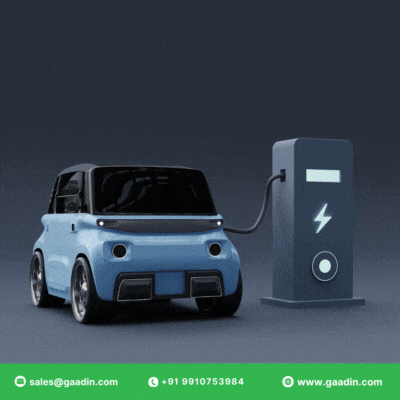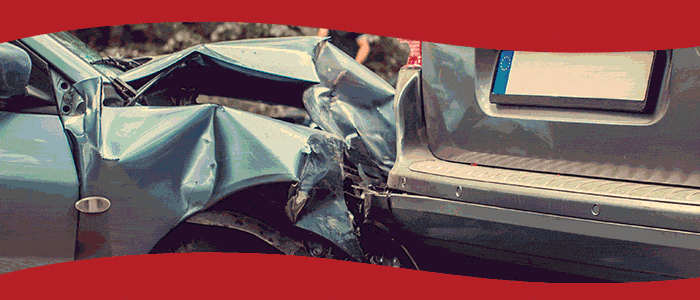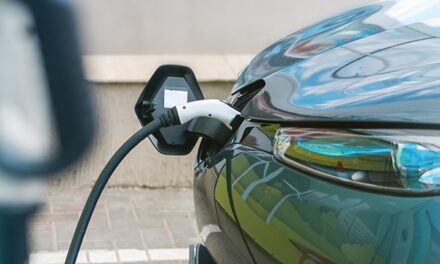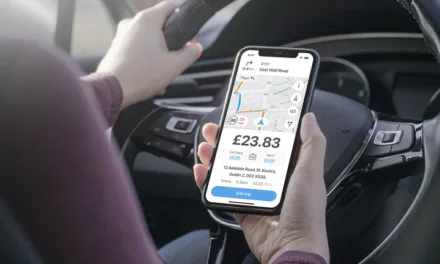Urban mobility stands on the edge of a significant transformation, driven by evolving preferences, technological advancements, and a heightened focus on sustainability.
The mobility survey by Kantar research, commissioned by Mobility Super App, FREENOW, sheds light on the shifts which are set to redefine how we navigate our cities.
The road to a seamless journey
The concept of mobility-as-a-service (MaaS) is gaining momentum, offering integrated interfaces for planning and paying across various transportation services. This enables consumers’ urban navigation and enhances convenience at a time when there is a general decline across Europe in car ownership (-38% YoY). While 39% of UK survey respondents already use ride-hailing apps to book their cabs or other transport modes, nearly 70% (69%) of those polled believe the usage of mobility apps will only increase in the future.
Part of this trend is the integration of transport services into major consumer-facing apps, which will be critical in providing a seamless booking service that fits into consumer travel habits. For example, in November 2023, FREENOW partnered with Karhoo and integrated FREENOW’s trusted taxi and PHV (private-hire vehicle) supply into some of the biggest names in the hotel, travel and corporate industries, such as Trainline, Eurostar, Accor and SNCF Connect.
Advertisement
Sustainable transport is definitely here to stay
A resounding sentiment from our research is the enthusiastic belief in electric transportation as the future of urban mobility. Two-thirds of UK respondents, notably 75% among 18–29-year-olds, envision electric vehicles (EVs) as the future of urban mobility.
Additionally, 62% agreed that sustainable mobility behaviour should be more strongly incentivised and of that group, over half (53%) said this was due to a lack of EV charging infrastructure.
Around 40% of FREENOW trips in the UK are done with zero emission capable vehicles and FREENOW continues to support our drivers with EV transition while ensuring passengers can select an EV drive if that is their preference.
Autonomous and flying vehicles – the future of our cities?
Interestingly, 45% of British respondents express an openness towards embracing autonomous vehicles, aligning with PWC’s projections that foresee 40% of European mileage being covered by autonomous vehicles by 2030 – an indicator of the transformative potential of technology to shape our cities and the way people commute.
Furthermore, one in five said they could imagine air taxis and flying vehicles being available as forms of transport in cities by 2033.
Smarter infrastructure for city-dwellers a top priority
According to the research, more than one-quarter of UK people believe cities are not doing enough to encourage other transport modes besides private cars.
Public transport continues to play an important role in our cities, with 60% of respondents using public transportation methods when moving around the city for reasons other than work. However, 41% of respondents said that delayed public transport was the main issue with moving around the city. Traffic jams and congestion (52%), looking for parking lots (35%) and infrastructure (17%) also tracked highly on the list of UK respondents’ main issues with transportation in the city.
The future of our cities will likely benefit from a combination of different transport modes which move beyond private car ownership and public transport. Respondents predicted that by 2033, people would be using the following more often: shared micromobility (e-scooter, e-moped, e-bike) (38%), and own bike or ebike (51%). Car sharing (34%) and ride pooling (shared minivan cab) (24%). Therefore, shared mobility and a combination of public transport, shared mobility options and car-sharing services, are a viable alternative to traditional car ownership.
Advertisement
With 12 partner brands available on the app across Europe, FREENOW continues to offer the biggest number of multi-mobility providers in one place. In the UK alone, 15,000 e-bikes and e-scooters are available to book, including brands such as Tier, Dott, Forest and Voi and from 2022 to 2023 there was a 38% increase in the number of micromobility trips.
Mobility of the future
The future of mobility is undeniably intertwined with sustainability, technology integration, and shared solutions. Meeting these challenges head-on and adapting to these upcoming trends will be crucial to how we shape a smarter, greener urban centre. FREENOW remains committed to evolving with these trends, providing innovative and sustainable mobility solutions to meet the evolving needs of consumers and contribute to the development of a more efficient and environmentally conscious urban landscape.
Mariusz Zabrocki, UK General Manager at FREENOW comments:
“Our survey results highlight the continuing impact of mobility apps on consumer travel habits. This data reveals people will be looking at apps to plan and book their trips, that is why we continue to expand our taxi and multi-mobility offer while allowing it to be easily combined with other transport modes in our app.
“It’s fantastic to witness strong support from young people for electric vehicles as the future of transportation. At FREENOW, we actively share this goal and proudly lead through our EV taxi offer, along with the largest selection of greener alternatives such as e-bikes and e-scooters.
“As technology continues to take us on great leaps into the future, we see mobility in cities becoming more complex, while customers are conversely looking for simplicity, convenience and speed. We know a sustainable, shared, and seamless approach will provide our customers with the best service they can always rely on for any journey.”
FREENOW, together with the opinion research institute Kantar, surveyed a total of 4,069 people living in large and medium-sized cities in Great Britain, Germany, Austria, Spain, Italy, Ireland, Poland and Greece. The representative online survey was carried out from August to September 2023.
Advertisement



















